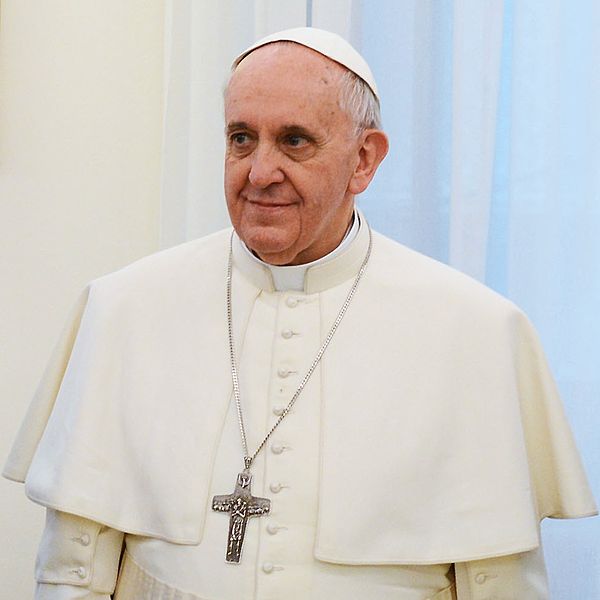Pope recognises China's unilateral appointment of Shanghai bishop, three months after the fact
The announcement came after the Holy See conceded in April that it had learned of Shens appointment to lead the Catholic Church in Shanghai from media accounts.The Vatican secretary of state, Cardinal Pietro Parolin, said Francis decided to accept Chinas unilateral appointment for the greater good of the faithful in Shanghai.

- Country:
- Italy
Pope Francis gave in Saturday to China's unilateral appointment of a new bishop in Shanghai, formally recognising Beijing's installation of Bishop Shen Bin three months after the fact.
In its daily noon bulletin, the Vatican said Francis had appointed Shen as bishop of Shanghai, transferring him from Haimen. The announcement came after the Holy See conceded in April that it had learned of Shen's appointment to lead the Catholic Church in Shanghai from media accounts.
The Vatican secretary of state, Cardinal Pietro Parolin, said Francis decided to accept China's unilateral appointment for the “greater good” of the faithful in Shanghai. But Parolin made clear China's move had violated the “spirit of collaboration” outlined in a 2018 accord between the Holy See and Beijing on bishop appointments.
In comments to Vatican media explaining the pope's decision, Parolin said Francis approved Shen's appointment to allow the bishop to lead his flock and to “heal the canonical irregularity” created by Beijing's unilateral transfer in April, which he said occurred without the Holy See's involvement.
He said he hoped future appointments would be made according to the letter and spirit of consensus called for in the accord.
“We need to together prevent disharmonious situations that create disagreements and misunderstandings even within Catholic communities,” Parolin said. “The good implementation of the agreement is one of the means to do so, together with sincere dialogue.” China and the Vatican haven't had diplomatic relations since 1951, following the Communists' rise to power and the expulsion of foreign priests. The Vatican has sought in recent years to open contacts and reduce frictions, particularly over the appointment of bishops.
The Vatican previously acknowledged that the 2018 accord was far from ideal. It regularised the status of several bishops and paved the way for future nominations, but China has repeatedly violated it amid a broader overall crackdown by President Xi Jinping on religious freedoms.
Full details of the agreement were never made public, but Francis has claimed he has final say in the bishop appointment process.
Beijing has long insisted that it must approve such appointments as a matter of its national sovereignty. The Vatican has insisted on the pope's divine authority to choose the successors of Christ's apostles.
Since the break in China-Holy See ties, Catholics in China have been divided between members of an official, state-sanctioned church, the Patriotic Catholic Association, and those who belong to an underground church loyal to the pontiff. Estimates of the total number of Chinese Catholics run between 6 million and 12 million.
(This story has not been edited by Devdiscourse staff and is auto-generated from a syndicated feed.)










